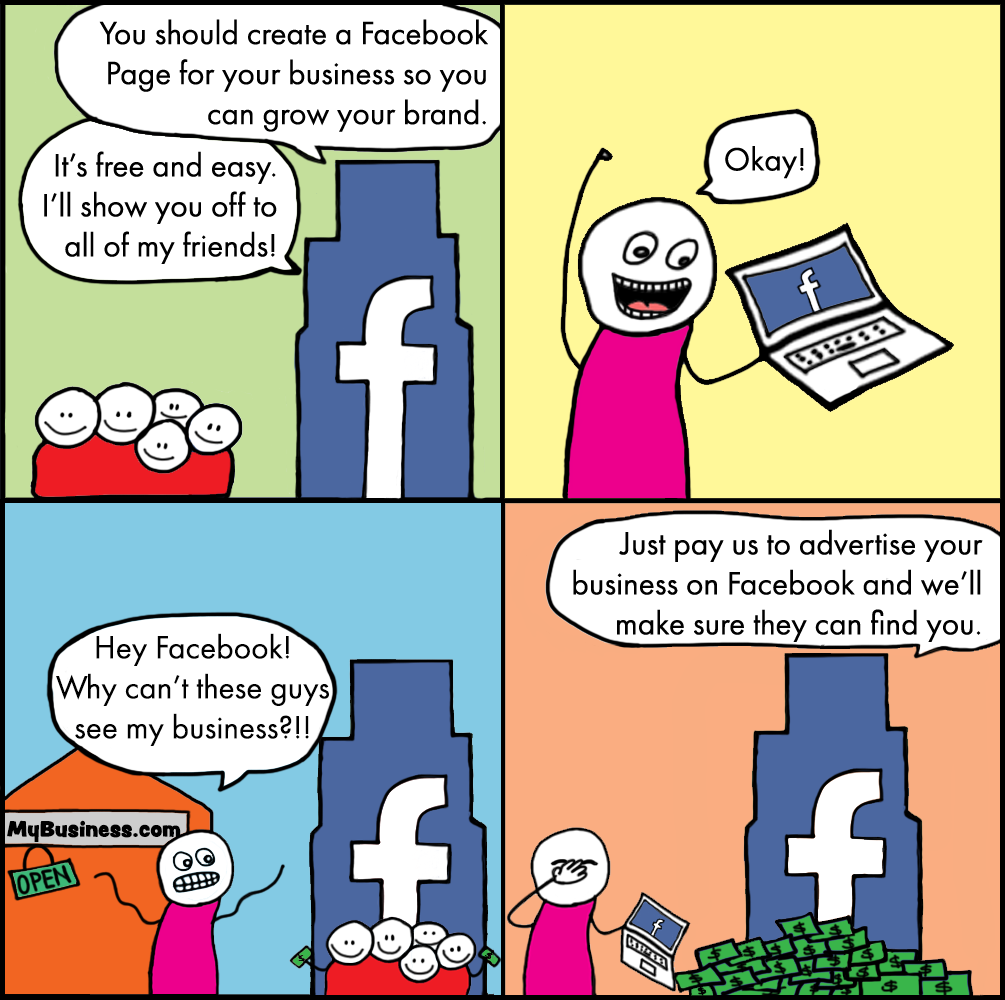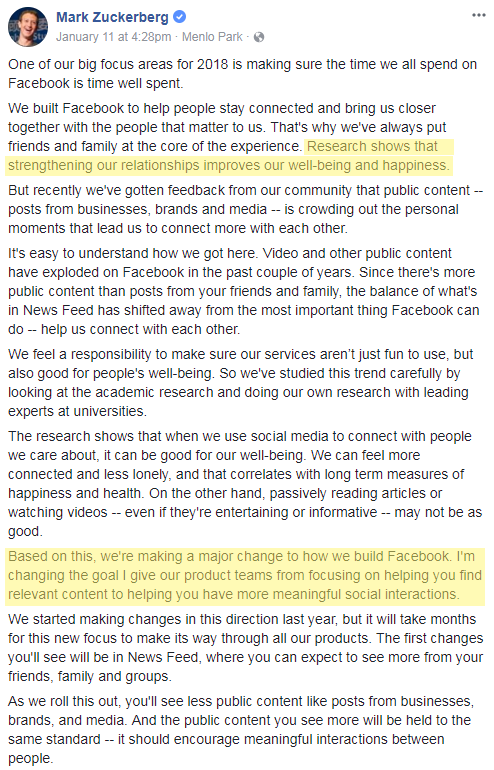When it comes to starting a small business today, establishing an online presence is essentially on the same level as planning and budgeting. A brand in today’s market can’t grow to its full potential without having an online presence. Before the days of social media, you would register a domain name, build a website on it and then use traditional methods of advertising to bring people to your website. With the adaption of social media, brands soon realized they could utilize social networks to promote their brand where their customers are and where their friends are, but social media can’t replace domain names as a standalone online presence.
Most people register domain names for the purpose of building a website to share a product, service or idea. For E-commerce brands, the website is their storefront and for brick-and-mortar, it’s the best tool for educating customers and encouraging customers to visit their business in the physical world. As we have mentioned previously, there’s no such thing as being an offline brand anymore. If you’re not online – how will people find you and discover your brand?
The role social media plays today
Referral business has always been a huge driver for small business. Since small businesses don’t have the same resources to spend on advertising and brand exposure as large corporate brands do, they rely on their loyal customers and brand advocates to refer business to them through word of mouth. Word of mouth and referral traffic drives leads and sales for small business, most of which today is done online via sharing on social media sites like Yelp.
Like any other typical Millenial consumer, I enjoy researching and discovering new brands in my spare time. Needing to get my nails done the other day, I went to Yelp to scout salons in my area and make sure I’m getting the best deal for the work done and the time it takes. I decided to try a new salon based on liking an image a customer shared on Yelp. When I went in for my appointment the place was packed. I asked the lady why they were so busy and she said it’s because everyone looks them up on Yelp and sees how many amazing reviews they have. There’s no denying the power of social media, but social media can’t replace domain names alone.
Why social media can’t replace domain names
The use of social media for business started as a promotional tool for targeting customers where they are hanging out online. Today it has become a bubble that brands are forced to pay into in order to participate.

credit: 101domain, Shani Yehezkel
Facebook and Google own a large share of the market today. On Apple’s list of the top 20 downloaded apps of 2017, Facebooks owns 4 of the top 15, which means one company has a huge say on how we interact with content online. Social media wasn’t originally designed for business and the trend for 2018 will be to bring social back to its core. Mark Zuckerberg discussed Facebook’s goal moving into 2018 in a post which will be to focus on person to person interact.
There is so much content out there today and with the rise of fake news in 2017, social platforms and being held accountable for contributing to the mass distribution and awareness of illegitimate news. When it comes down to it, social websites like Facebook control the experience, and they are making it near impossible for your business to see the day of light if you do not pay to promote your posts.
The end game is always the domain
We are not saying ditch social media altogether, there are ways you can stay relevant in the Newsfeed, but social media can’t replace domains names as a standalone online presence. Social media wasn’t built with brands in mind and it is not a viable option to invest all of your business resources into. There’s only so much you can do on social media because you are limited to what the platforms offer. Social media can’t replace domain names because it could never offer you the same control and satisfaction of owning your own website.

